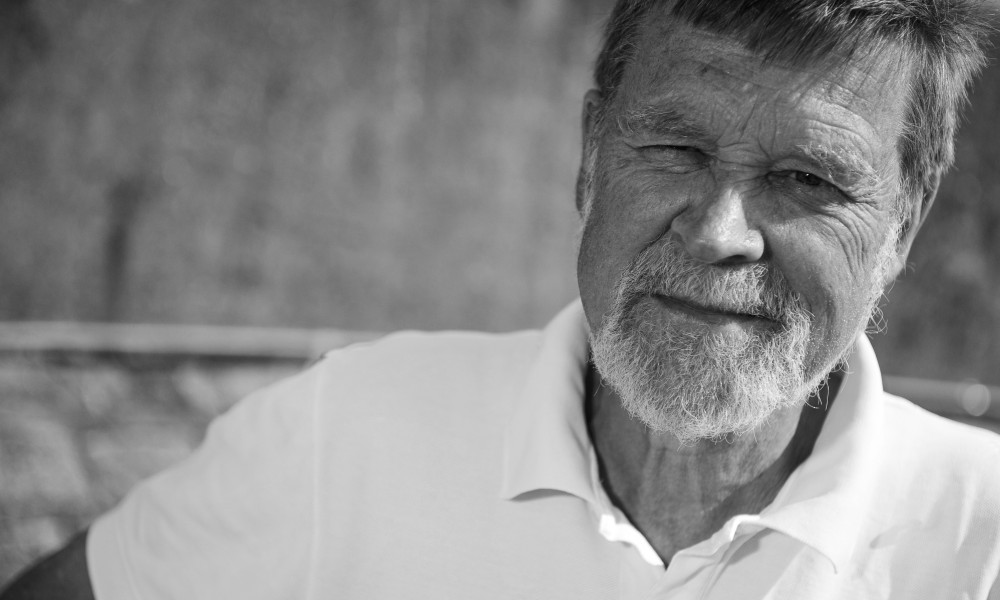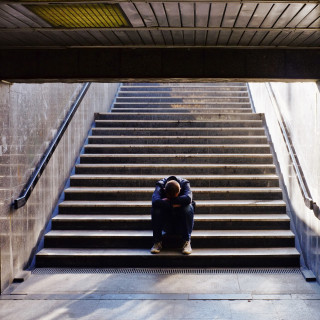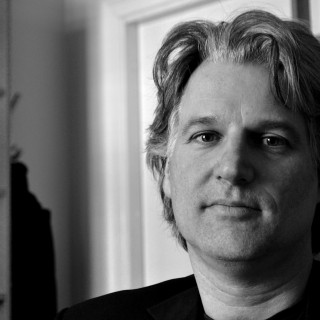The issue of poverty is dead in Swedish politics
While poverty is a prioritised goal in the EU, in Sweden it is politically dead. The parties are agreed on the work-first principle and no one is pursuing issues of marginalisation – despite the increasing gaps in income. Is this because the climate in society has become less empathic or because absolute poverty has diminished? We asked welfare researchers Håkan Johansson and Hans Swärd about developments and trends in Sweden and Europe.
With poverty research, the terms “worthy” and “unworthy” poor are used. It is possible to win political points by helping the worthy, or ’undeserved’ poor, but the public perception is that these have fallen in number. In general, those on benefits have always been stigmatised, in the view of Professor of Social Work Hans Swärd. However, in recent years, another group have also lost their status as worthy – people on long-term sick leave. An image has been disseminated of those on long-term sick leave as cheaters and hypochondriacs as part of the political efforts to reduce the cost of sickness benefits.
“The ideological climate has become tougher for people who cannot provide for themselves”, says Hans Swärd. “However, in recent years people have begun to talk more and more about child poverty, and I think that is a sign of attempts to mobilise support for the issue of poverty. Young children can hardly be other than ‘worthy’ poor.”
Hans Swärd has devoted almost all his working life to issues of poverty and welfare, and can see a clear shift in attitudes towards them. The shift occurred sometime in the 1980s when politicians started to become painfully aware that it is expensive to maintain a generous welfare state by raising taxes alone, especially when the population pyramid is as it is, with a low birth rate and an increasing ageing population.
The right-wing government has focused on the work-first principle, but so did the Social Democrats in the 1990s. At the same time, Sweden also began to tighten the regulations and lower rates of benefits for health insurance and unemployment benefit. Today, Swedish unemployment benefit has gone from being among the highest in Europe to being below the average for the OECD countries. This reduction has been carried out without any major protests from any political party. How could this happen?
“The issue of poverty is politically dead in Sweden. There is a broad consensus on the work-first principle and no party has fought to keep the higher rates of benefits in the social insurance system”, says Hans Swärd. “With a policy like that, they would risk being branded a benefits fan, and that doesn’t win any votes.”
Another reason why no party pursues the issue of poverty, according to the researchers, could be that absolute poverty has in fact fallen. However, a measure of absolute poverty, for example numbers of people on benefits, is just one of several ways of measuring poverty. In the EU, the relative measure is applied, which describes gaps in income in society. Under this method of measuring, poverty in Sweden has increased hugely since the 1990s.
However, while the issue of poverty is politically dead in Sweden, the EU has taken it up. Poverty has made it into the Union’s five overall goals. The goal is for 20 million citizens of EU countries to have been lifted out of poverty by 2020. Hans Swärd thinks the prioritisation of this issue is partly to do with the EU’s newer members, the former Eastern Bloc countries, which have a considerably poorer population, and the increasing number of beggars seen on the streets of Europe.
Håkan Johansson, who like Hans Swärd is a Professor of Social Work, is involved in a major EU project to compare welfare policy in six European countries: Sweden, Germany, Poland, the UK, Italy and Norway. They want to see differences between countries with completely different history: a social democratic welfare state, a former Eastern Bloc country, a neoliberal country, a southern European country and a rich oil-producing country outside the EU. Håkan Johansson says that there are a number of similarities between the different countries; relative poverty has increased across Europe and welfare is increasingly provided by non-governmental organisations.
“The issue of poverty is not particularly hot in any of the countries, but Sweden stands out as the country where the issue receives least political attention.”
This becomes clear when you see that all the countries except Sweden and Italy have carried out major reforms to combine their social insurance and benefits systems. For citizens in need of financial support, this means an easier existence where they don’t have to have contact with multiple different bodies. An integrated approach reduces the risk of people falling by the wayside, says Håkan Johansson.
“A spiteful interpretation could be that politicians in Sweden are avoiding looking at the big picture in order to place greater emphasis on individual responsibility and allow for private solutions”, he says. “But of course it could also be due to a deep mistrust in the system we have, or to the Swedish economy doing better than most other European countries and there therefore not being the same incentive to change the system.”
The next stage in Håkan Johansson’s EU project is to review how the different countries organise their welfare activities. The researchers will be conducting interviews with people on benefits to see how they perceive the help they receive.
Does Håkan Johansson have a hypothesis of which country is the best place to be poor?
“Probably the country where your family and friends live”, he says.
Text: Ulrika Oredsson
Published: 2014







